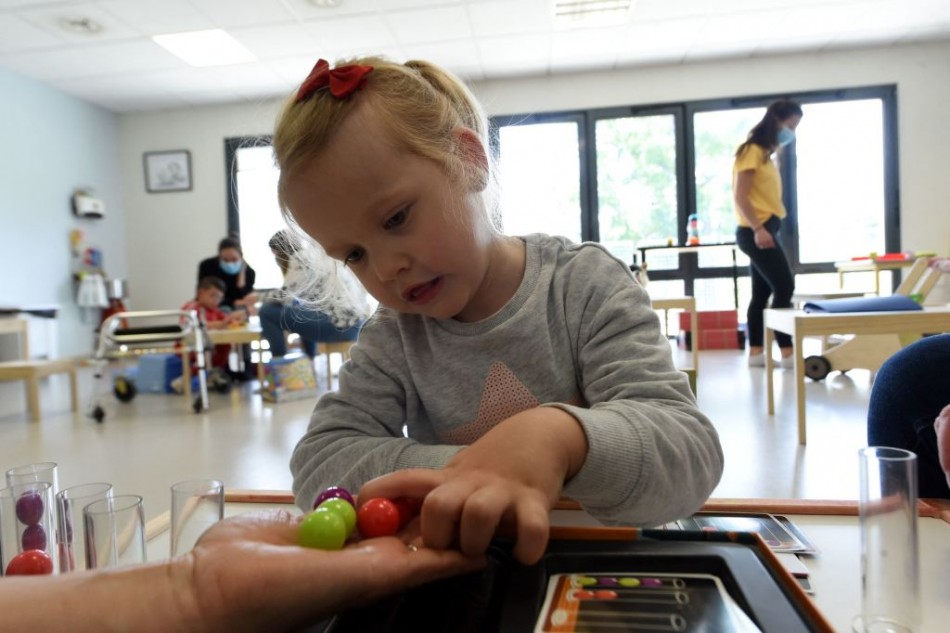5 Tips for Gently Teaching Toddlers to Stop Hitting

Toddlers who hit other people may be embarrassing and concerning for parents who don't want to raise an aggressive child. While some parents may overreact, there are gentle ways of teaching toddlers to stop hitting their playmates or teachers.
According to Positive Discipline, toddlers may hit other people because they have yet to develop the proper skills and language to communicate what they feel. Since they are still learning to talk, they may express their frustrations with physical aggression.
Though the children will eventually grow out of this phase, parents need to guide and teach their toddlers to understand that hitting is bad. Here are some ways to help them:
1. Restrain them with a hug or touch of the hand.
If your toddler is getting out of control, it is OK to hold them back with a hug or a touch of the hand to prevent them from getting physical. Each time you stop your toddler from hitting someone, speak calmly and tell them that you're hugging or holding them because they might hurt another person.
Read Also: Gardening With Children: 6 Ways to Get Kids Interested in Planting This Spring
However, if restraining them will only make their behavior worse, then proceed with the other options.
2. Remove the child from the tension.
If you notice your toddler's frustrations, it's better to change her setting by taking her away from the situation. According to WebMD, this redirection tactic also establishes consequences in that the toddler will see that she won't be able to play if she's not nice to her friends.
Take your toddler to a quiet place to give her a chance to calm down. If her emotion eases, then she may return to play with the rest of the kids after you've talked to her about not hitting people. However, there could be situations where you might need to leave the place altogether if she refuses to back down.
3. Praise the toddler's appropriate behavior.
Acknowledge your toddler if you see that she is trying to deal with her frustrations without hitting or biting someone. Praising positive actions will reinforce the good behavior, and she will likely act out less.
4. Don't make empty threats.
Parents are notorious for making empty threats and never following through on them. For instance, a mom might tell her toddler, "If you won't stop hitting your friend, we are leaving the park," but they are still in the same frustrating situation 30 minutes later.
Dr. Hansa Bhargava of the Children's Healthcare of Atlanta said that children would not see their parents as figures of authority for dishing out empty threats. Thus, parents need to be consistent and follow through on the punishments and consequences if the child misbehaves.
5. Teach the child alternative options.
According to the American Academy of Pediatrics, toddlers should be encouraged to use their words if they are angry or walk away if they are frustrated. Though they will struggle with this, the constant reminder of using words will also teach them self-control instead of hitting.
It will take some time, but if you stay calm, talk to your child, model the behavior yourself, and never discipline by hitting, then your guidance and help will soon bear fruit.
Related Article: Angry Teenagers: How Should Parents Deal With Their Rude Children?
© 2024 ParentHerald.com All rights reserved. Do not reproduce without permission.
